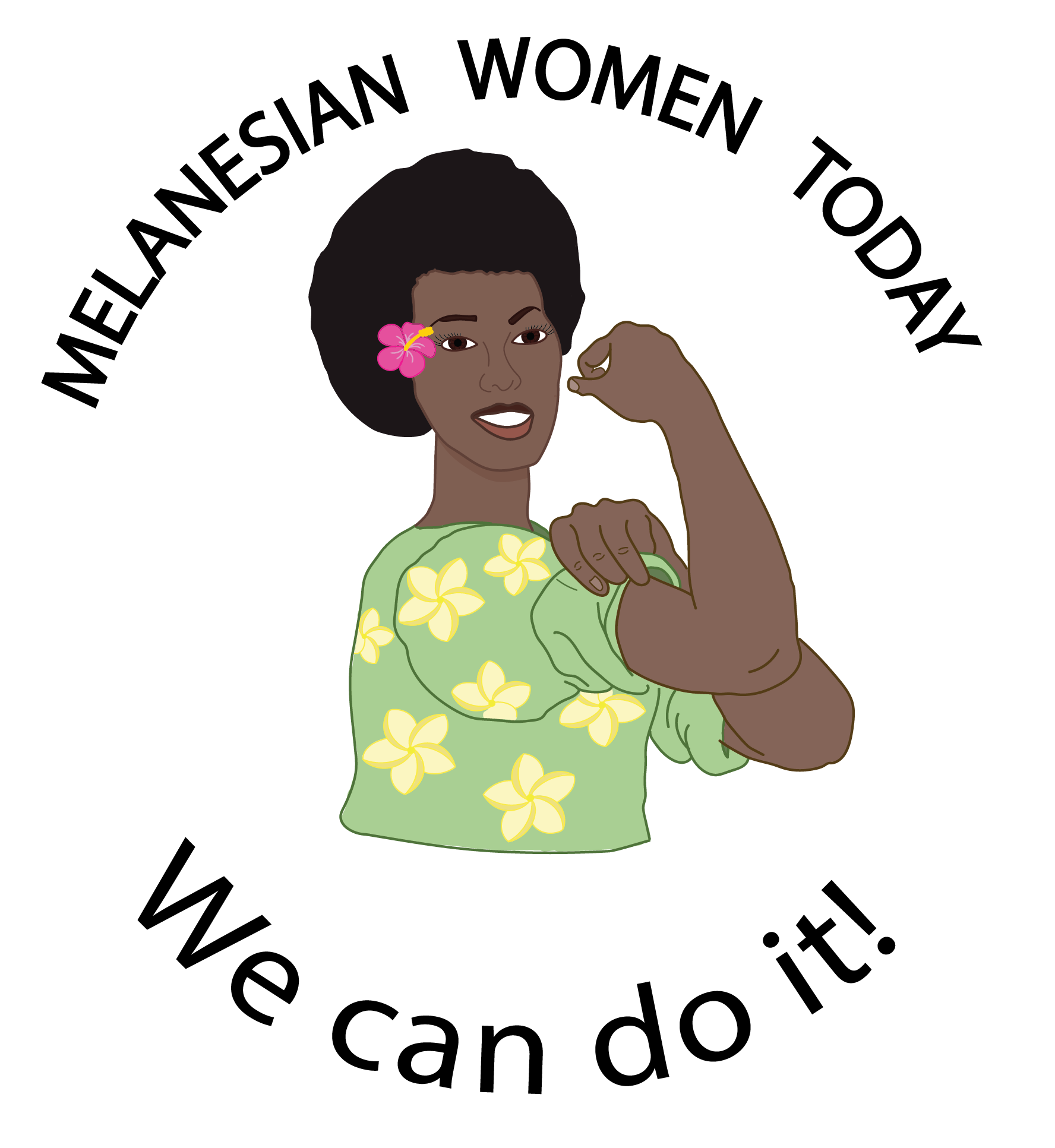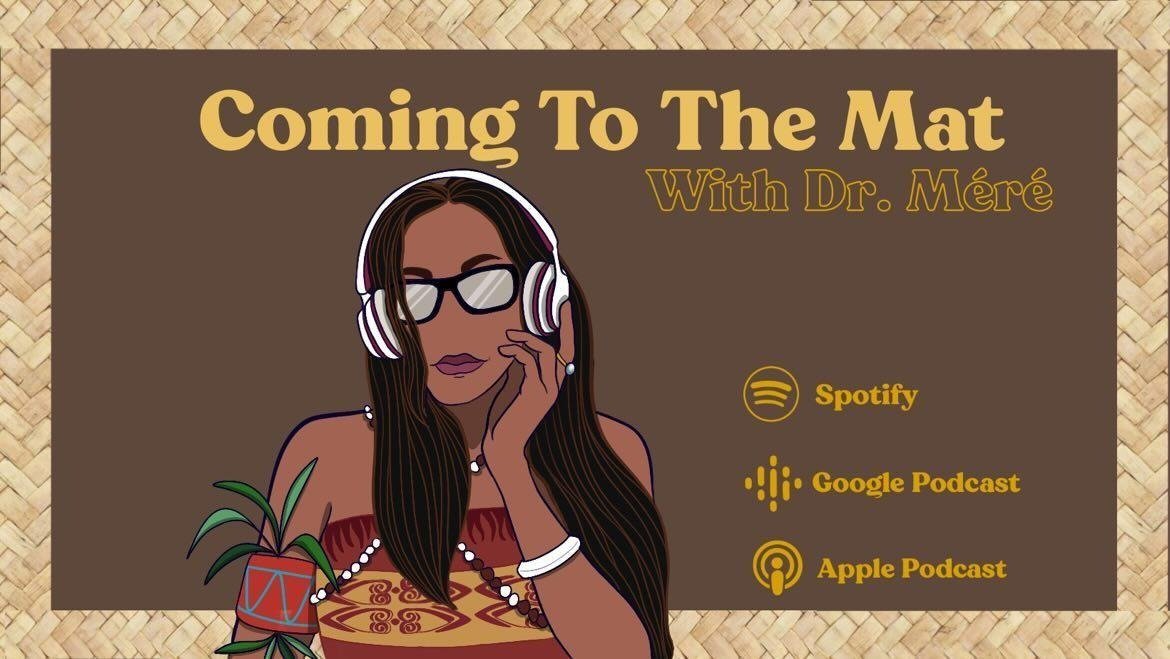Episode 21 - One woman's quest to restore the Melanesian Hauskuk to its rightful place in a Modern setting, and deconstructing the Western Kitchen.
“But for me, it went more than that. I realize that we need to restore the dignity of indigenous Melanesian Food Culture, or cuisine. Starting with my particular sub ethnic group.I say sub-ethnic group specially because obviously, Vanuatu like PNG has many diverse sub ethnic groups as well too…” Claire Asi
In this episode, we are going to talk to one woman who has made it her mission to work towards Restoring the Melanesian Hauskuk to its rightful place in a Modern setting, and deconstructing the Western Kitchen by unraveling what is Indigenous Melanesian Food, Identity and Globalization. Given that there are many layers to cover with indigenous food, identity and globalization, our guest prefers to the frame the discussion as -
“uncovering layers of indigenous food culture and the impacts of globalization – starting with a post-colonial identity.”
Unraveling the indigenous consciousness through traditional and progressive food culture. We also discuss within the context of layers that form part of the existentialism of the Melanesian, the Neo-Melanesian is a multi-faceted and multi-contextual identity that is very much post-colonial.
Meet Claire Asi - Claire Asi is from the country of Papua New Guinea (abbreviated as PNG), most specifically from the central province and from the Rego District of PNG. She has a background in Political Science and Public Policy from the University of Papua New Guinea (UPNG ).
Sisters & Co. Catering on their facebook page
Sisters & Co. Catering
https://www.facebook.com/Sisters-Co-Catering-102887541214936/posts/
Rigo District, Papua New Guinea
https://www.google.com/maps/place/Rigo,+Papua+New+Guinea/@-9.6595343,147.3351469,9z/data=!3m1!4b1!4m5!3m4!1s0x69031deb120e85b1:0x7956f29f3bbc5506!8m2!3d-9.7921909!4d147.825395
Music:
Rigo Peroveta - Alikuni Youth (Central Province - Papua New Guinea). https://www.youtube.com/watch?v=fUTz6oLJGKA
Final count down
https://www.youtube.com/watch?v=qAhPz2rbths


